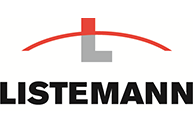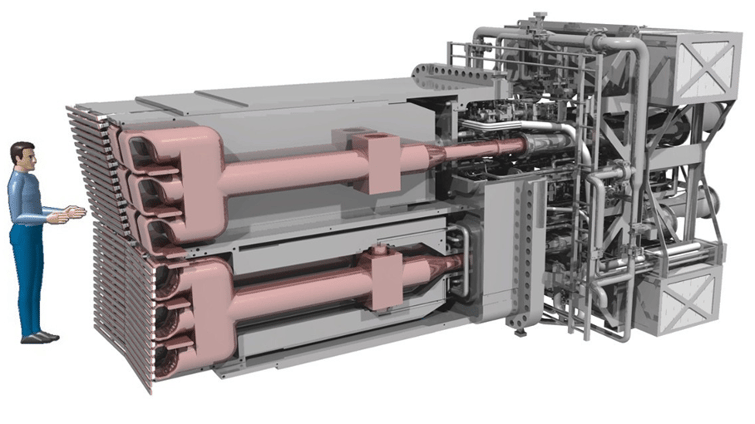Recently we had the opportunity to support the ITER project in France. The ITER Tokamak is a machine meant to produce energy from the nuclear fusion, same nuclear reaction, which powers the sun and the stars.
The sun as a blueprint - nuclear fusion as the energy source of the future
It will rely on three sources of external heating to bring the plasma to the temperature necessary for fusion: neutral beam injection and two sources of high-frequency electromagnetic waves, ion and electron cyclotron heating. By generating waves at a frequency that matches the oscillation of specific ion species in the plasma, the ion cyclotron resonance heating (ICRH) system transfers energy to the plasma (see Figure 1).
A generator, transmission lines and an antenna are necessary for ion cyclotron heating. A generator produces high-power radio frequency waves that are carried along a transmission line to an antenna located in the vacuum vessel, sending the waves into the plasma.
Vacuum brazed steel / copper assemblies for a tight connection
The company Mairold-Mechanik AG,, cooperating with Stäubli Electrical Connectors AG, asked Listemann AG to supply vacuum brazed steel / copper assemblies to be integrated in a RF Antenna of the ICRH (see Figure 2). The main requirement for the joint was tightness since the parts are predestined for vacuum. A silver based brazing alloy, suitable for vacuum applications, was selected and successfully implemented.

Figure 2: The vacuum brazed components to be integrated in the antenna
[source: Company Stäubli]




 Listemann AG
Listemann AG Listemann Polska Sp.z o.o.
Listemann Polska Sp.z o.o.